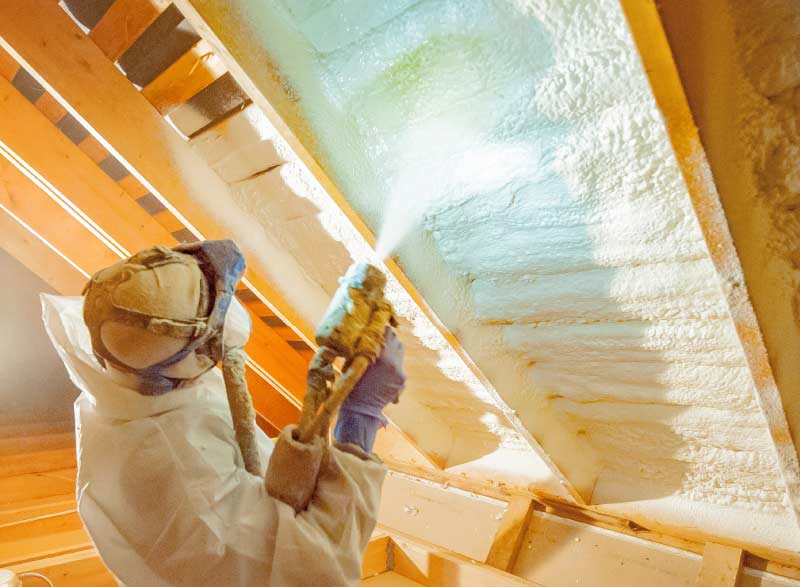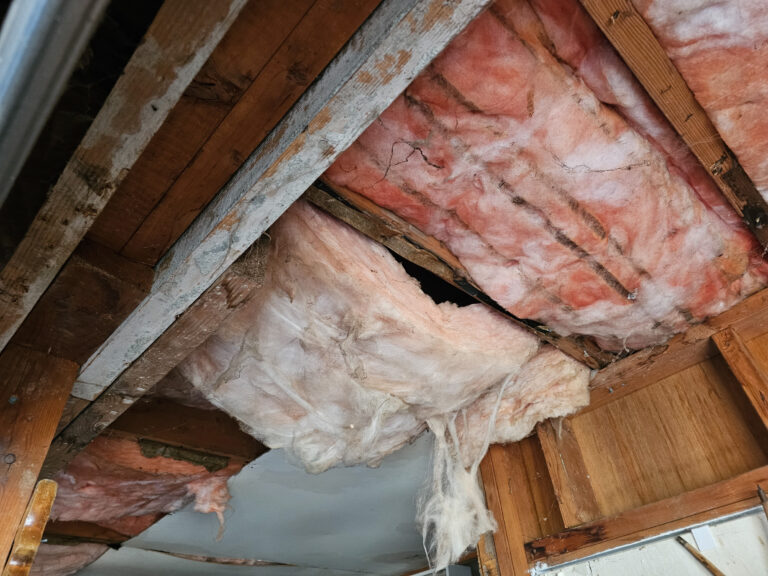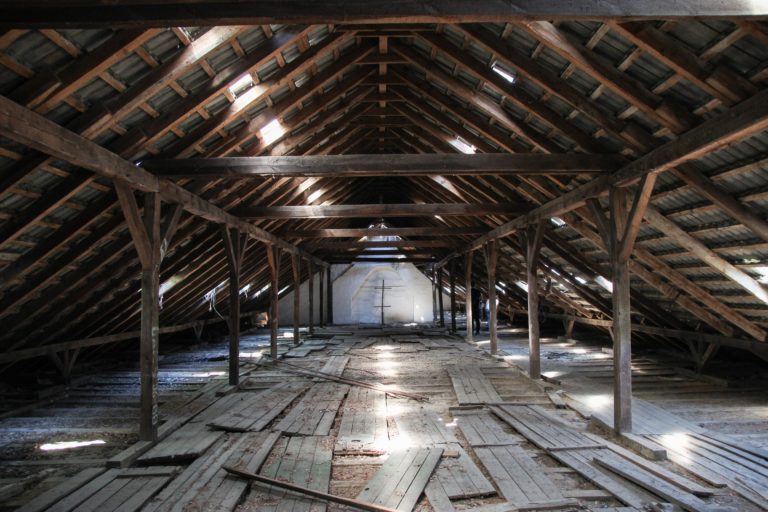
Spray Foam Insulation San Antonio | Geo Insulation San AntonioSpray foam insulation is an alternative to traditional building insulation such as fiberglass. A two-component mixture composed of isocyanate and polyol resin comes together at the tip of a gun, and forms an expanding foam that is sprayed onto roof tiles, concrete slabs, into wall cavities, or through holes drilled in into a cavity of a finished wall.
Spray foam insulation can be categorized into two different types: open cell and closed cell.
Open cell foam insulation
Open cell is a type of foam where the tiny cells are not completely closed. Open cell is less expensive because it uses fewer chemicals. It is a very good air barrier but does not provide any type of water vapor barrier. It is much more sponge-like in appearance. It is often used for interior walls because it provides sound reduction. It is not recommended for outdoor applications.
Closed cell foam insulation
Closed cell foam insulation is much denser than open cell. It has a smaller, more compact cell structure. It is a very good air barrier as well as a water vapor barrier. It is often used in roofing projects or other outdoor applications, but can be used anywhere in the home.
Benefit
Spray foam insulation saves on energy costs and lowers utility bills. Studies by the US Department of Energy show that 40% of a home’s energy is lost as the result of air infiltration through walls, windows and doorways. Buildings treated with spray foam insulation typically insulate as much as 50% better than traditional insulation products.
Insulation that is sprayed in buildings protects against moisture, which provides the benefit of reducing the chance of harmful mold and mildew. Eliminating mold growth reduces the likelihood of rotting wood in a home, and allergic reactions to mold spores.
In addition to building temperature and moisture control, spray foam insulation is often used to reduce noise. Foam insulation serves as a barrier to airborne sounds, and reduces airborne sound transfer through a building’s roof, floor and walls.
In the United States, homes treated with spray foam insulation often qualify for state and federal tax deductions.






